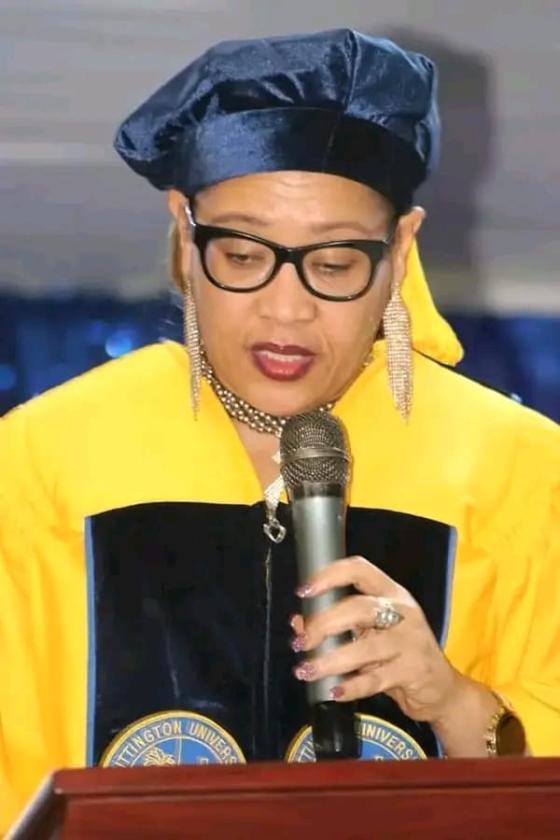Liberia: Cuttington University Gets 24-hr Electricity After Years of Limited Supply

Cuttington University president, Dr. Romelle A. Horton, made the announcement a few days ago.
.... “The issues of light had been a problem and for many years, and students had been forced to cut off their night studies and other social activities,” said Dr. Horton in a speech at the University recently. “But the problem is now over as we have 24-hrs electricity for the first time in many years.”
Cuttington University, the oldest private university in sub-Saharan Africa, now has 24 hours of electricity after years of unreliable power supply.
According to Dr. Romelle A. Horton, Cuttington President, the milestone was achieved with the help of support from USAID, which has resulted in the full electrification of the University, with a non-stop power supply.
The source of the electricity comes from the national grid, solar power and a stand-by generator, Horton disclosed.
The development is a significant achievement for Horton, who took over the University about two years ago, as its first female President.
It brings about a wide range of new opportunities and improvements in various aspects of campus life as students and faculty members will no longer struggle to handle school related work at night.
“The issues of light had been a problem and for many years, and students had been forced to cut off their night studies and other social activities,” Horton said in a speech at the University recently. “But the problem is now over as we have 24-hrs electricity for the first time in many years.”
The University, founded in 1889, has long been recognized as one of Liberia's premier institutions of higher learning.
Located in Suacoco, Bong County, the university has faced numerous challenges over the years, including financial constraints and essential infrastructure limitations.
However, the lack of electricity has remained one of the most enduring and pressing issues, negatively impacting academic activities and living conditions on campus.
For years, students and faculty at Cuttington University had to navigate their way through a darkened environment.
The absence of electricity necessitated the use of alternative light sources, such as candles and kerosene lamps, which were not only inconvenient but also hazardous.
Critical activities, such as studying, research, and even basic administrative tasks, were severely hampered due to limited access to electricity.
The efforts to electrify the university have been ongoing for years, with multiple stakeholders involved in the process.
Various initiatives and proposals had been put forward, but limited funding and logistical challenges posed significant roadblocks to progress.
However, an intervention by USAID has resulted in the electrification of Cuttington University, with non-stop power supply.
The completion of the electrification project, according to Horton, brings tremendous benefits and also enhances the overall safety and security of the campus.
“We hail the USAID-Liberia Mission for their infinite support of the process, and for being a true partner to Cuttington,” Horton said. “We admit that unreliable power supply has been one of the major challenges that impeded the smooth operations of the school, but we are glad it is over.”
Horton, whose appointment was a historic first, has been achieving numerous groundbreaking feats including the launch of a Doctoral Program, which is the first in the history of Liberia.
The program area of concentration is however limited to The program is in Theology and Ministry but Cuttington administration has said plans are underway to expand to other disciplines.
According to a 2015 report by the World Bank, Liberia had a shortage of qualified professors and researchers with a PhD degree, which impacted the quality of tertiary education in the country.
